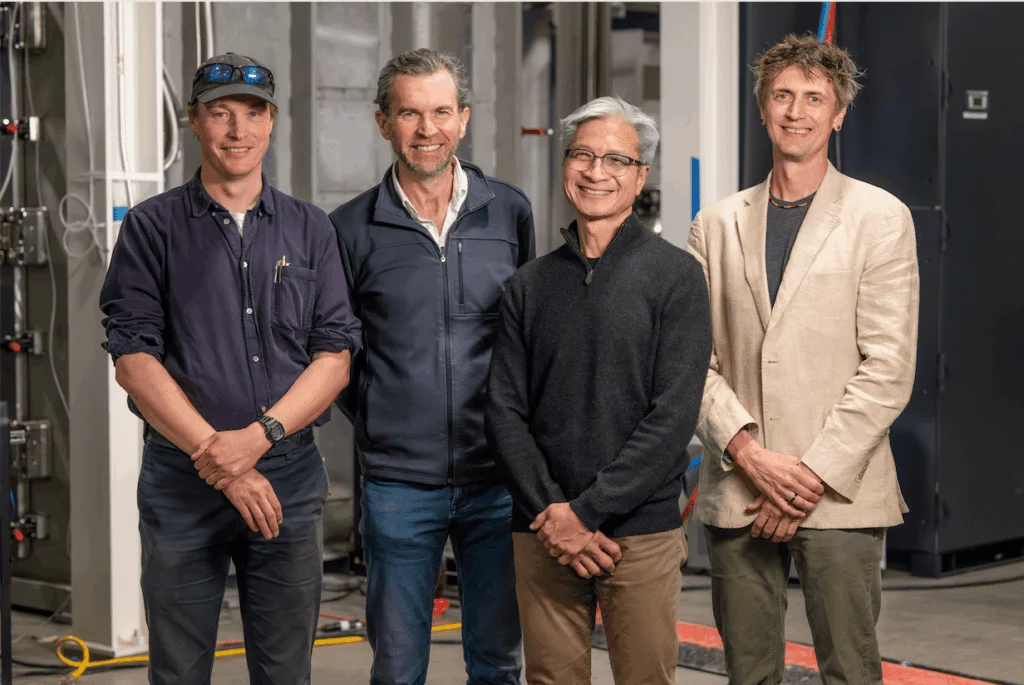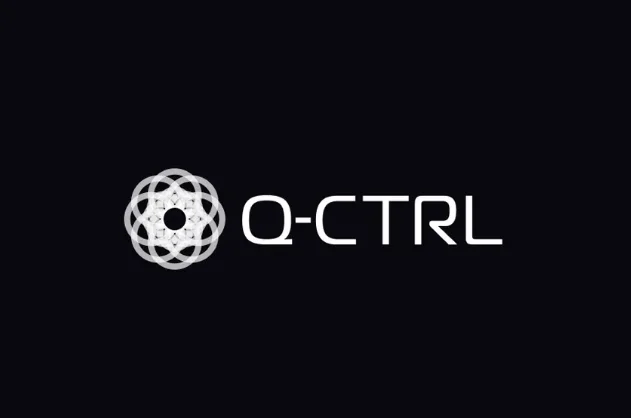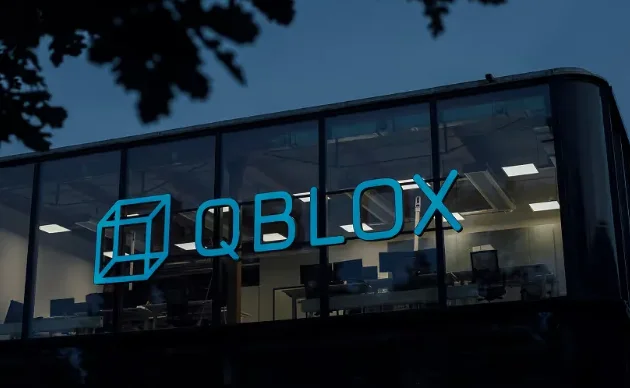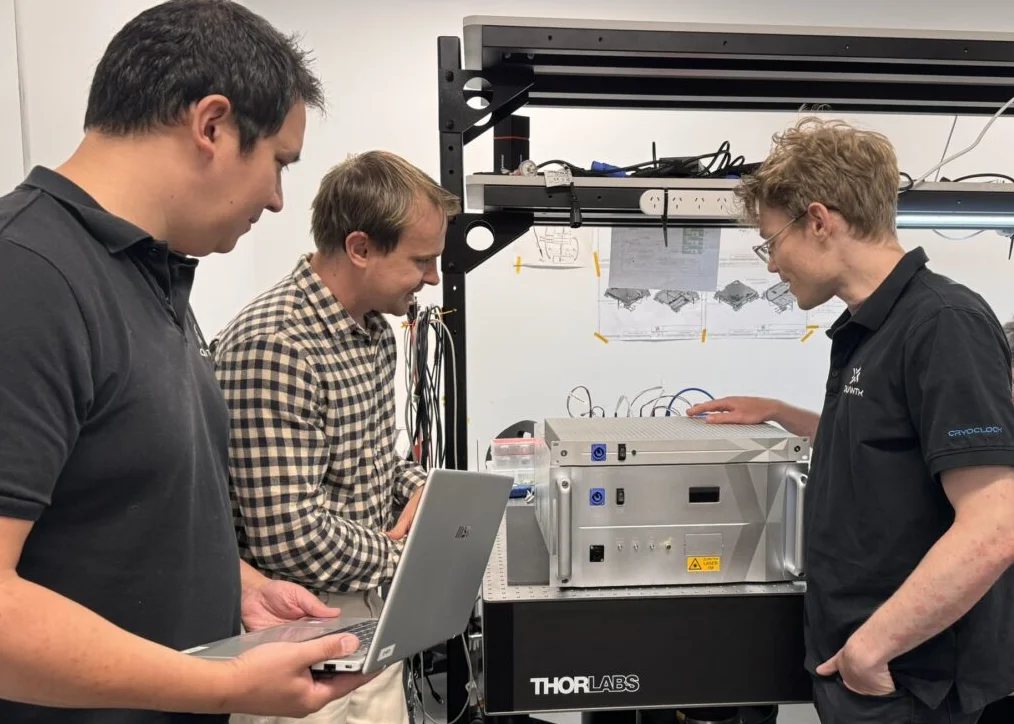
Photo by Markus Winkler on Unsplash
Sparrow Quantum
Seeing as Denmark was the birthplace of one of the men who shaped modern quantum physics in the early twentieth century, Niels Bohr, and also home to the Niels Bohr Institute at the University of Copenhagen, which he founded in 1921, it’s no surprise to find out that in the country’s quantum computing (QC) startup scene there is activity, too. Sparrow Quantum — started by founder Peter Lodahl in 2016, Professor of Physics and leader of the Quantum Photonics Group at the Niels Bohr Institute — is a small set up currently but hopes for lofty achievements.

With a focus on developing and commercializing photonic quantum technology using a stream of single photons, the coupling efficiency of this method, according to Sparrow Quantum, is up to 98%.

That’s an impressive number, considering, and leads to much faster results.
‘The SPARROW single-photon chip provides a faster, better, and cheaper solution, leveraging unique possibilities for your research in the easiest possible way.’
— Sparrow Quantum Website
Magic Chip
The hardware, featuring the SQ-chip which has been in development for the last decade, can be used with a photonic quantum simulator, in quantum cryptography and networks along with quantum optics.
The technology works by shooting a laser pulse at the quantum-dot chip. This then delivers a stream of single photons. To achieve it, however, requires an optical cryostat designed for confocal spectroscopy.

Photo by Christopher Burns on Unsplash
The startup is aligned to a number of startups in the QC space using photonic quantum technology: KETS Quantum Security, Nordic Quantum Computing Group (NGCQ), Quandela, Single Quantum, and Xanadu among others.
‘[…]Photonic systems have several unique and advantageous features. First, quantum states of photons are maintained without vacuum or cooling systems due to their extremely weak interaction with the external environment. In other words, photonic quantum computers can work in an atmospheric environment at room temperature. Second, photons are an optimal information carrier for quantum communication since they propagate at the speed of light and offer large bandwidth for a high data transmission capacity. Therefore, photonic quantum computers are completely compatible with quantum communication.’
Money Matters
The future of the photonic approach, according to specialists in the sector, has a future, especially in quantum communication. Whether this will help Sparrow Quantum and other startups garner support from VCs and the wider financial sector is an unknown factor, however.
To date, the startup has received (2016) one undisclosed Venture Round, financed by Seier Capital, an investment fund privately owned by Lars Seier Christensen, a Danish businessman, entrepreneur and investor.
To be successful in the space, Sparrow Quantum will surely need to attract the attention of more investment, either in Denmark or abroad. But with a solid team of Lodahl and Insead-educated CEO Niels Hersoug, the company’s direction looks to be in good hands.
Sparrow Quantum could do worse than to look for inspiration from one of their own:
‘Life is not a problem to be solved, but a reality to be experienced.’
— Danish philosopher Soren Kierkegaard
















